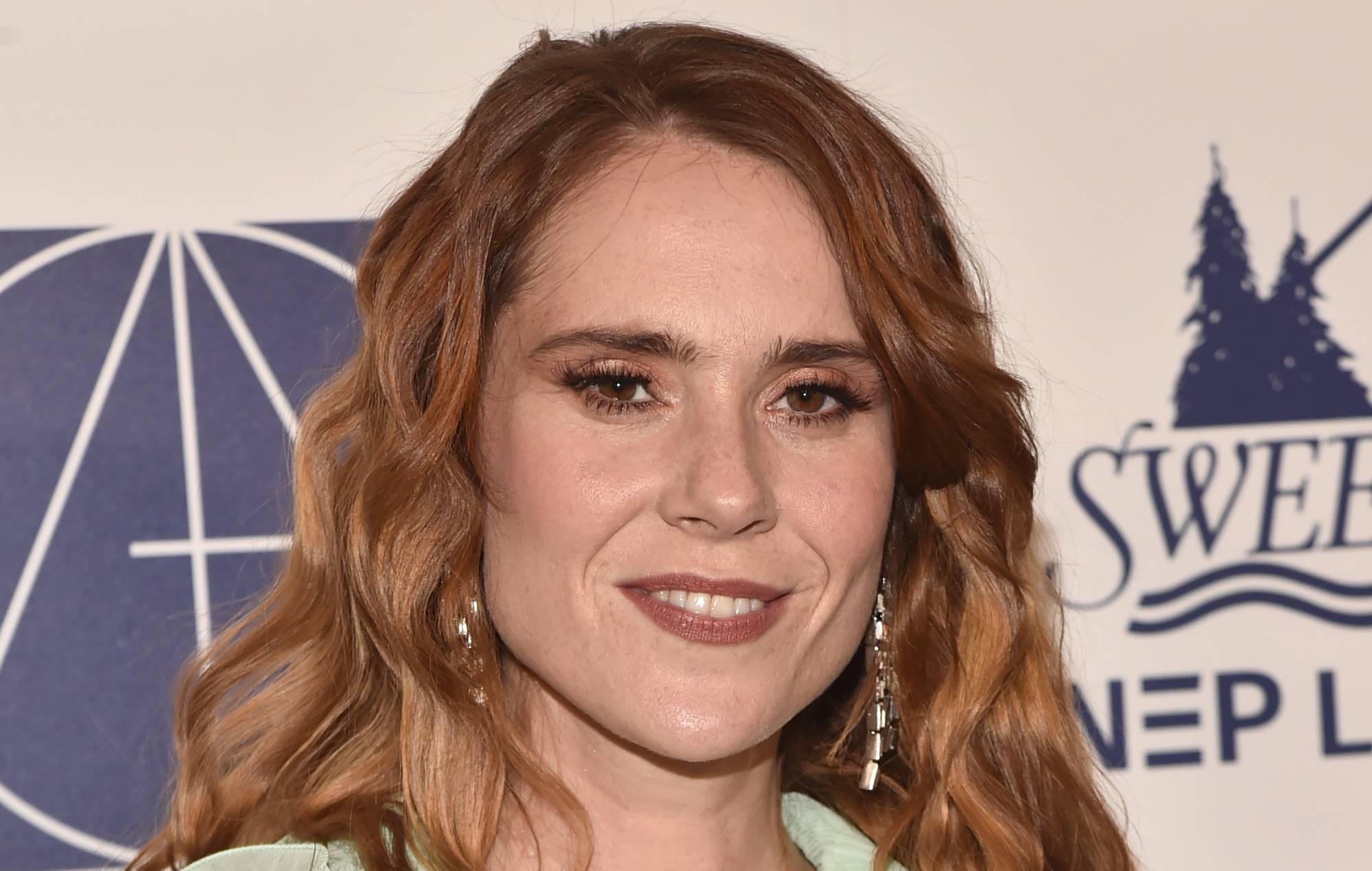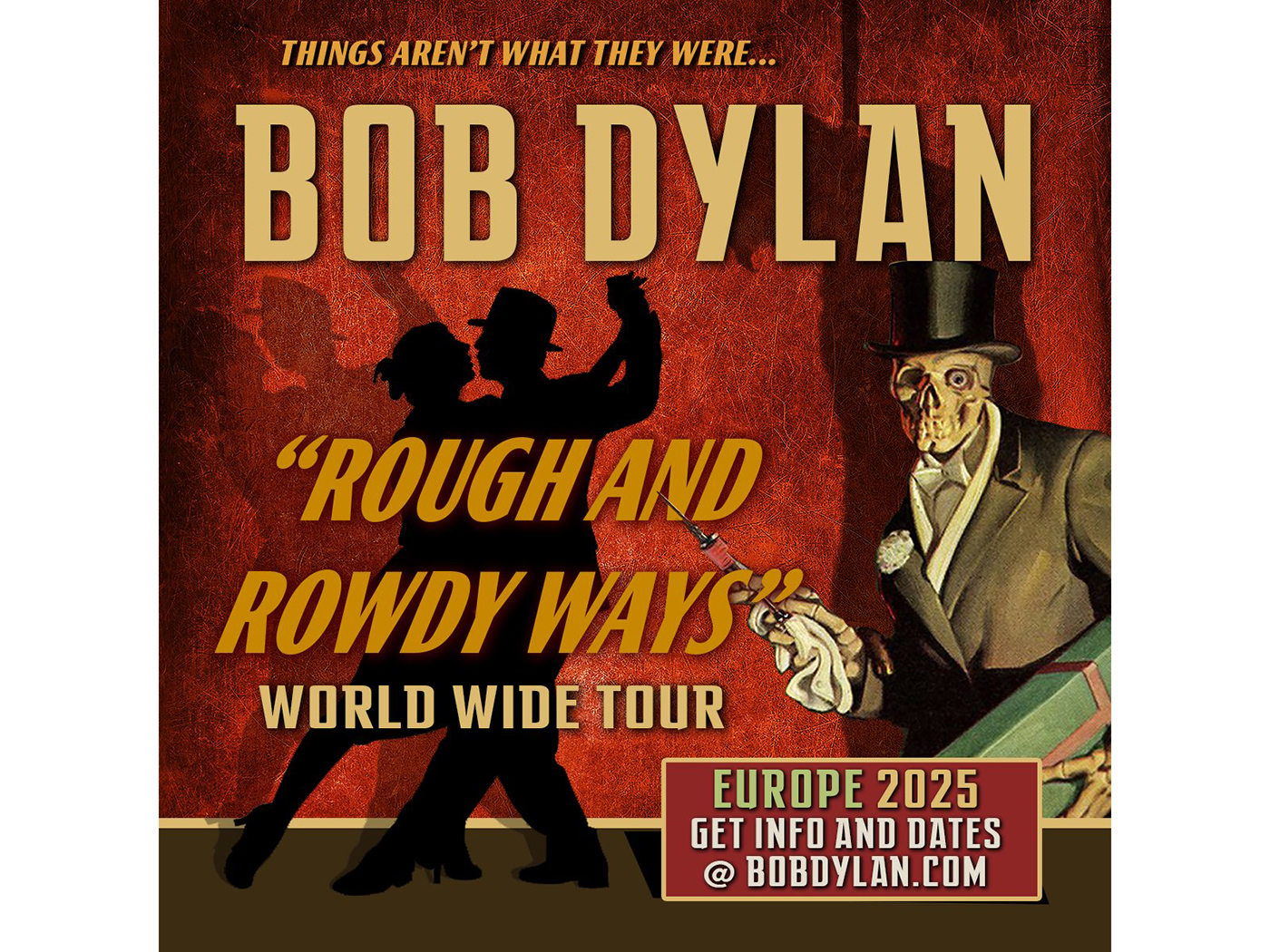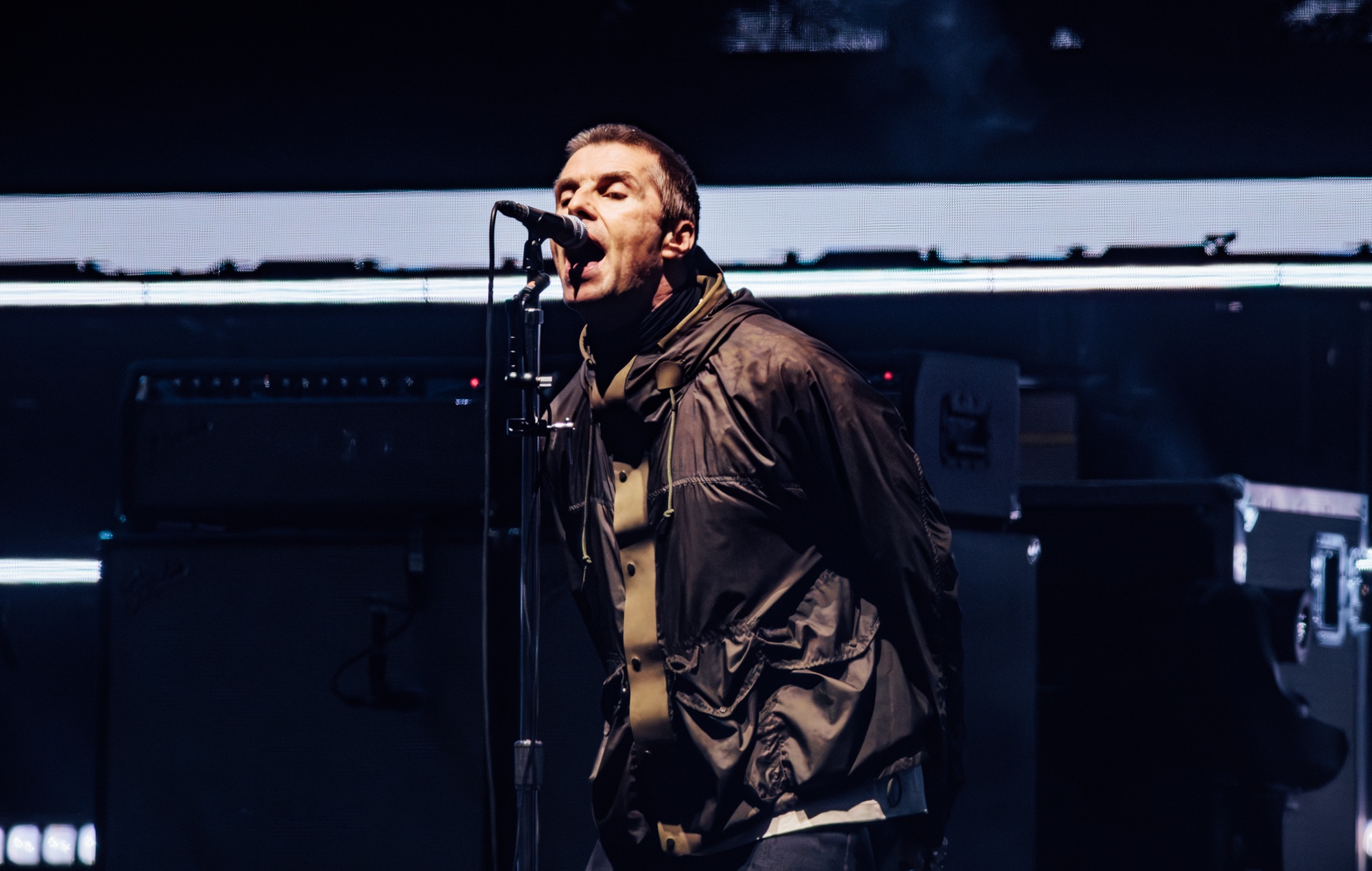
Kate Nash has become the latest artist to speak out against purported inequalities in streaming payments.
The singer’s latest comments come months after a select committee of MPs examined the economic impact that music streaming is having on artists, record labels and the wider music industry in a new inquiry.
Over £1 billion in revenue was generated from 114 billion music streams in the UK in 2019, but the inquiry noted that “artists can be paid as little as 13% of the income generated”.
Posting on Twitter over the weekend, Nash wrote: “If you’re an artist that can afford to live in a city like me then we have got to unite in some way to stand up for the working class musicians who can’t afford to keep going even though they have millions of streams on Spotify. It is unethical. Music is not a club for the rich.”
If you’re an artist that can afford to live in a city like me then we have got to unite in some way to stand up for the working class musicians who can’t afford to keep going even though they have millions of streams on Spotify. It is unethical. Music is not a club for the rich.
— Kate Nash (@katenash) January 16, 2021
In a follow-up thread, Nash went on to outline some of the inequalities faced by artists – including the meagre amounts paid per stream.
“Pre pandemic musicians have been too busy touring & working to deal with the face they/we aren’t paid fairly. We’ve got to stop worrying about the consequences of speaking up, the more of us that do it, the harder it is for them to ignore us,” she wrote.
Live music was one of the most missed things in 2020 & continues to be in 2021. The value of music has never been more obvious. It’s time for regulations in our industry. Music is not a club for the rich, it is for all & it is a real job that demands fair pay. #BrokenRecord
— Kate Nash (@katenash) January 17, 2021
Plus more cuts if you’re signed to a label. Fans want to support fans so the current system doesn’t serve the artist or the fan. It serves a couple of huge artists, major labels and Spotify who make billions from advertising.
— Kate Nash (@katenash) January 17, 2021
Make it common knowledge how it really works.
— Kate Nash (@katenash) January 17, 2021
We have to stand by our working class peers without a modeling career/branding deal/side career that funds their music. Plus we have to stop pretending that exposure means we should just be grateful & quiet. Music is a real job that deserves fair pay. It’s simple.
— Kate Nash (@katenash) January 17, 2021
“Live music was one of the most missed things in 2020 & continues to be in 2021. The value of music has never been more obvious. It’s time for regulations in our industry. Music is not a club for the rich, it is for all & it is a real job that demands fair pay.”
Nash went on: “If you’re a musician speak up about how you are not paid fairly for your recordings & streams. Share info with your fans who probably assume that millions of streams = good money. It doesn’t. 0.003 per stream with 20% to a manager & if you’re in a band, split 4 or more ways.”
In a bid to raise further awareness around the issue, Nash urged artists to make their fans aware of the realities of streaming and called on other musicians to stand by their “working class peers”.
“We have to stand by our working class peers without a modeling career/branding deal/side career that funds their music,” she wrote.
“Plus we have to stop pretending that exposure means we should just be grateful & quiet. Music is a real job that deserves fair pay. It’s simple.”
Nash’s comments come after the likes of Radiohead’s Ed O’Brien, Elbow’s Guy Garvey, Nadine Shah and Gomez‘s Tom Gray told MPs that streaming payments are “threatening the future of music”.

Garvey told the inquiry that whilst the comment “sounds very dramatic,” he went on to tell MPs that “if musicians can’t afford to pay the rent…we haven’t got tomorrow’s music in place.”
Radiohead’s O’Brien went on to explain how the ongoing coronavirus pandemic had compounded issues, saying: “Young musicians who rely on live income are really going to struggle.”
In a follow-up meeting, MPs were told that musicians are “driving ubers” in a bid to make ends meet.
Fiona Bevan, a songwriter for One Direction, Lewis Capaldi and more, said she earned just £100 from streaming for a song she co-wrote on Kylie Minogue‘s new album ‘Disco’, adding: “The most successful songwriters in the world can’t pay their rent. Right now, hit songwriters are driving Ubers. It’s quite shameful.”






